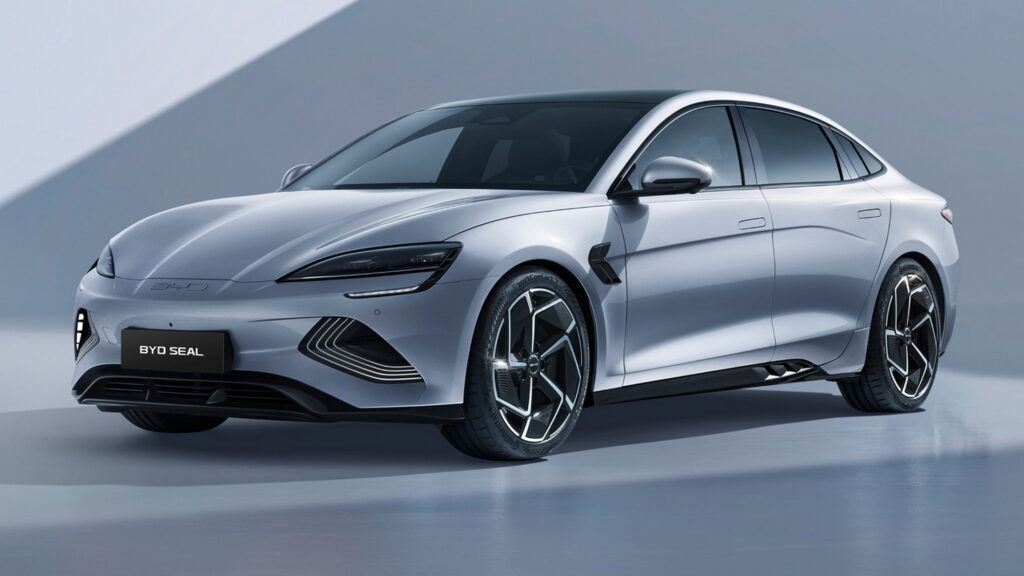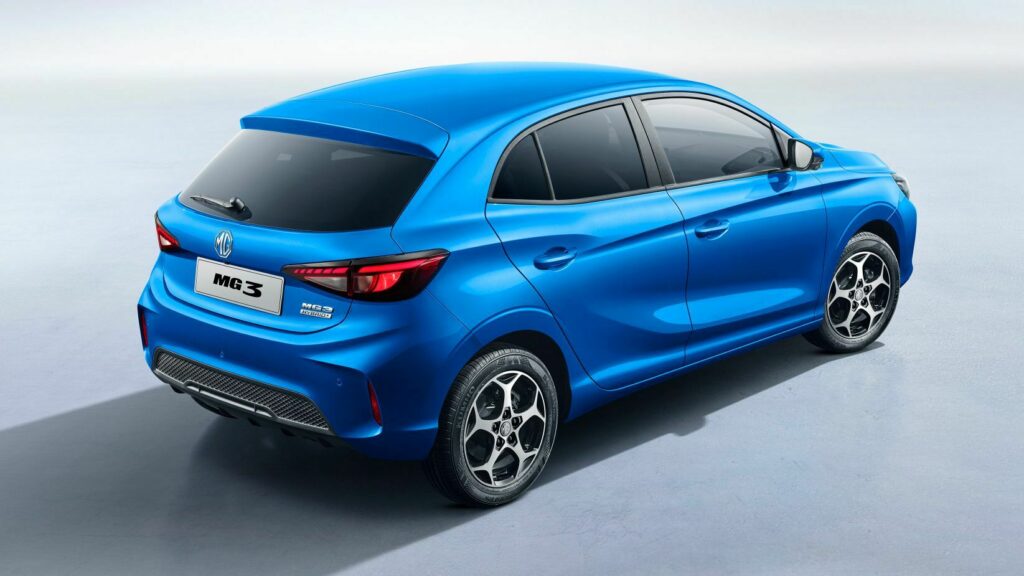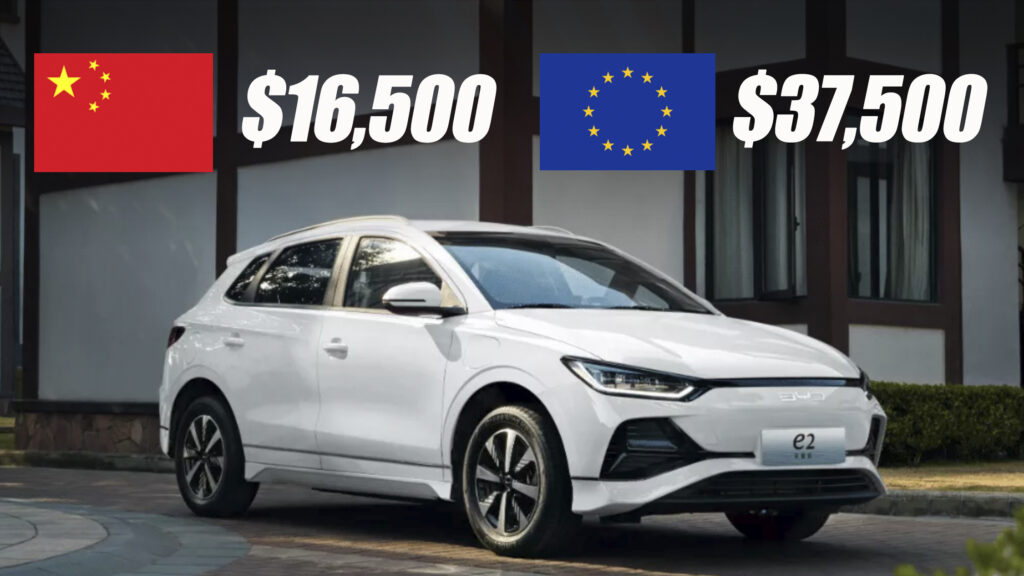- Some Chinese cars are up to 178 percent more expensive in Europe than their equivalent models are in China.
- Chinese automakers are engaged in a price war at home, making slim markups on domestic sales.
- China’s cheaper production costs, including battery manufacturing and government subsidies, provide them with a competitive advantage.
Most of the world is worried that China is flooding international markets by cutting the prices of their EVs. But according to a new report, many are doing the opposite. Instead, it finds that Chinese automakers are significantly raising the price of their exported vehicles in order to maximize profit abroad.
The strategy is led by BYD, which is facing increasing competition in its home market. Multiple Chinese automakers are currently engaged in an EV price war at home, with the local government subsidizing EV adoption for both foreign and domestic brands. This naturally squeezes profits.
More: BYD’s Seagull EV Now Costs Under $10k, The West Is Doomed
The solution for BYD is to maximize profit on its foreign models. In some cases, the company sells its models for nearly three times the price than it is priced domestically. And yet, in many cases, the Chinese offering still manages to undercut competition from the West.
Research shows that Chinese automakers often price vehicles just below that of European brands. They do so while offering more standard equipment and technology that often carries a premium in the legacy manufacturers’ offerings.
While additional costs, such as shipping, are factored in, the markups indicate thousands of dollars of additional profit being gained per EV. This is because Chinese manufacturers have rationalized costs at every stage of the manufacturing process, from battery production to raw materials mining.

Battery costs are estimated by market intelligence firm Benchmark Mineral Intelligence to be 18 percent cheaper in China than elsewhere. A company like BYD, which manufactures its own batteries, can negotiate further discounts up and down the supply chain, while Chinese automakers are further assisted by the availability of government-subsided land, as well as cheaper power and labor costs than those faced by European legacy manufacturers.
Review: 2024 BYD Dolphin Swims Ahead In The Low-Cost EV Stakes
According to the report by Reuters, in some export markets, the BYD Atto 3 was priced 81% to 174% higher than in China. Dolphin prices ranged from 39 percent to 178 percent higher — in Germany, a BYD Dolphin was priced at the equivalent of $37,439 while a comparable model in China is just $16,524. Seal prices ranged from 30% to 136% higher. Compare that to Tesla, where the Chinese-made Model 3 sells for only 37% more in Germany than in China.
Many European car makers will likely be concerned about the headroom that Chinese automakers have, which may allow them to cut prices and engage in their own sales war. It also means that larger Chinese automakers could likely weather any tariffs imposed by the EU on imported vehicles.





